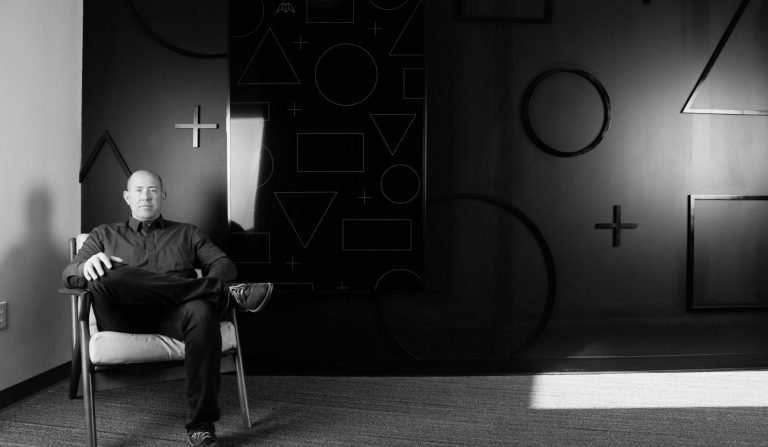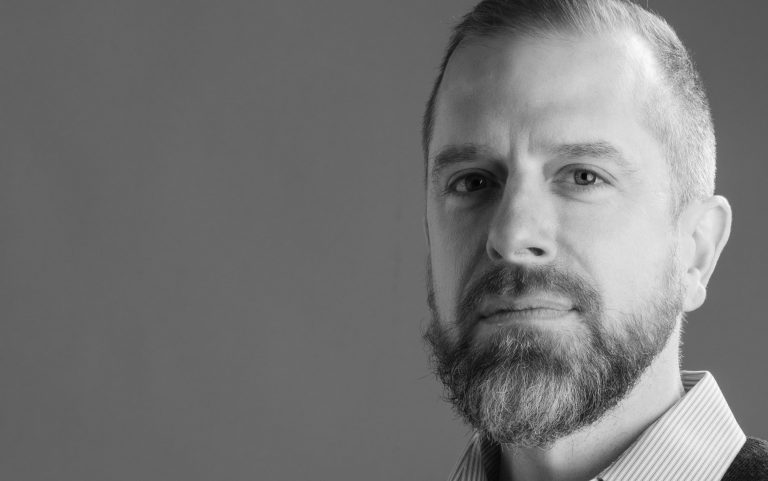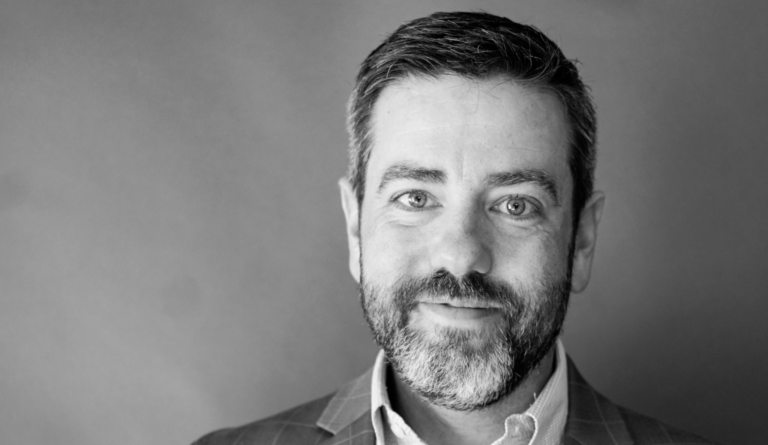My son has struggled with severe allergies and asthma for many years now. For him, that means struggling to breathe, struggling to sleep, avoiding common foods, missing lots of school; medicines, lots of doctor visits, planning ahead for unfamiliar situations, packing an extra container with his rescue inhaler and nebulizer machine; searching for root cause answers and getting “band-aid” advice.
Chronic issues– medical and otherwise– have a way of wearing one down. I forget what “normal” and “good” look like. I settle for survival and mediocrity.
Unaddressed conflict is a chronic issue most of us live with every day. We get so used to the discomfort and lukewarm results that we forget what good and normal – even healthy! – looks like. We have learned how to re-arrange our actions and jump through all kinds of crazy hoops in order to not face uncomfortable situations and conversations. We have to stop settling for survival; stop pretending that band-aid solutions will resolve systemic problems. Here are 3 myths that keep us stuck in conflict:
Myth 1 – There’s nothing I can do about conflict. (AKA I’m helpless.)
Sometimes we get overwhelmed or afraid. Sometimes we believe we don’t have the authority or tools to name that unaddressed conflict exists or to help resolve conflict between people. This is called “learned helplessness.” It’s when we stay in pain or dysfunction, not believing we can do something to change it.
Solution – Use your influence. You have more influence than you think – even if you don’t have positional authority. You can use “scripts” to call out issues (Phrases you practice and have ready to use in uncomfortable situations where you wouldn’t normally know what to say). For example, “It seems like there is an issue causing tension here. What’s causing this tension?” You don’t have to know the cause or the solution. You just need to name the problem so it can come to the surface and move to the next step in dealing with it.
Myth 2 – In the past, conflict has caused real harm like broken relationships, quitting/getting fired. My fear is legitimate and I don’t want to see that happen again.
Solution – There’s a difference between hurt and harm. Conflict names existing hurts and is really uncomfortable in the short term. This is like going to the dentist to get a rotting tooth pulled. The pain made you go to the dentist. After the tooth is pulled, you may still be hurting for a while. Not addressing the issues will cause harm – sooner or later. If you never get that rotting tooth pulled, you will have much bigger systemic issues that will be much harder and more expensive to solve or treat. You’re right, conflict will hurt. But harm comes when we wait too long to address conflict. Harm comes when we don’t let insights from conflict move us toward growth and relational health. Harm isn’t the result of conflict, it’s the result of avoiding conflict and responding poorly when conflict takes place.
Separate your experiences of the past from potential future results.
Myth 3 – This situation not that bad. I’d rather live with it than take a risk on initiating conflict. (AKA The devil you know is better than the devil you don’t know.)
Solution – Stop settling for mediocre or toxic situations.
I took my son to a specialist when he was in early grade school. The doctor didn’t have a great bedside manner as we talked through my son’s medical history. I shared that my son threw up around bedtime almost every day. But he only vomited once, then he was fine. The doctor looked up and said, “You need to have higher standards for the health of your child.” Excuse me?!? That made me furious and embarrassed and defensive. And yet, there was some truth to what he was saying. My son’s chronic health issues led me to settling for mediocrity, maybe even worse, simply because he wasn’t in a medical crisis. I hated hearing that. I really hated hearing it from that particular doctor. I definitely wanted to justify and defend myself.
Friend, you may need to have higher standards for the health of your relationships. Are you settling for mediocrity or low-level toxic relationships or work environments? If it’s hard to fight for something better for yourself, do it for those around you and your clients. You don’t need to settle for mediocrity. Keep moving toward a higher standard of healthy relationships for yourself and others. It won’t be easy, but it’s worth it.
If you need help, we’re here. And I promise to be nicer than that doctor.













